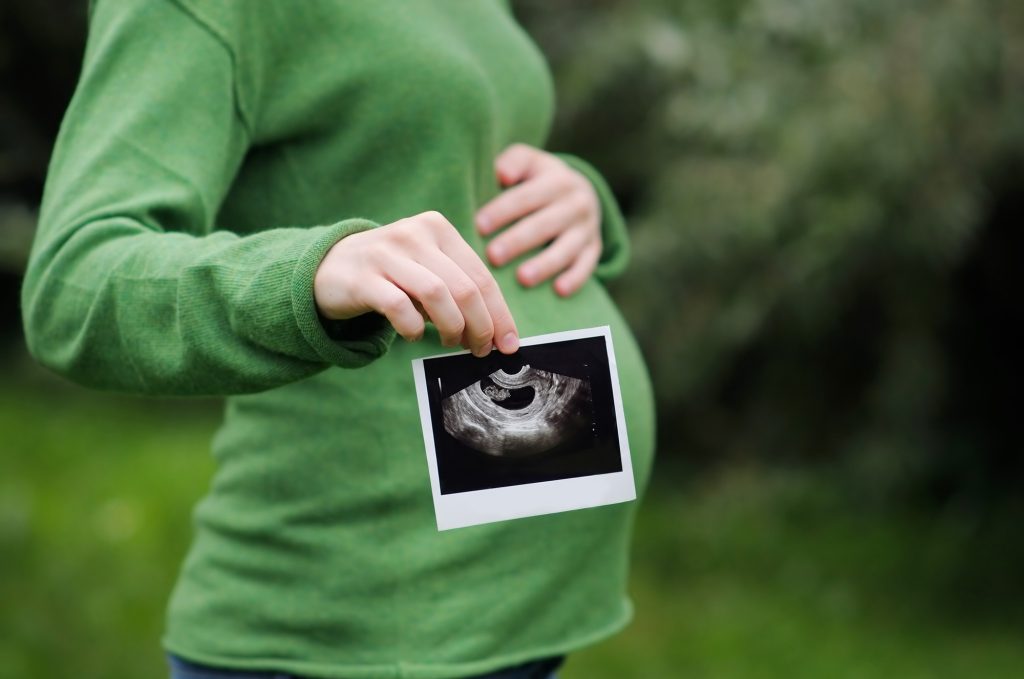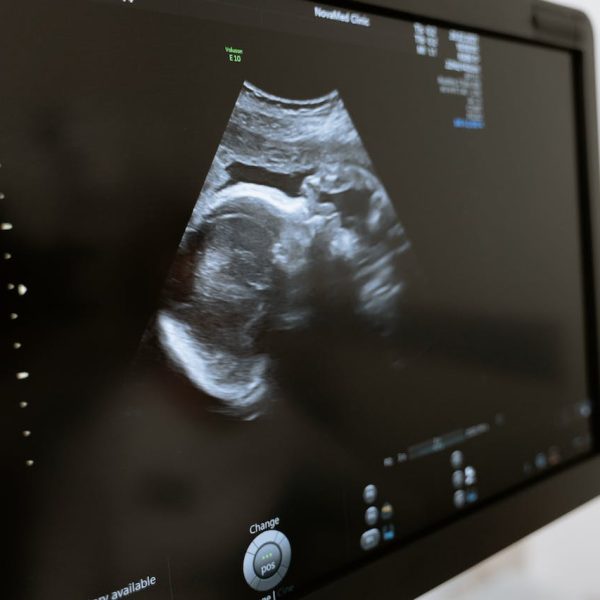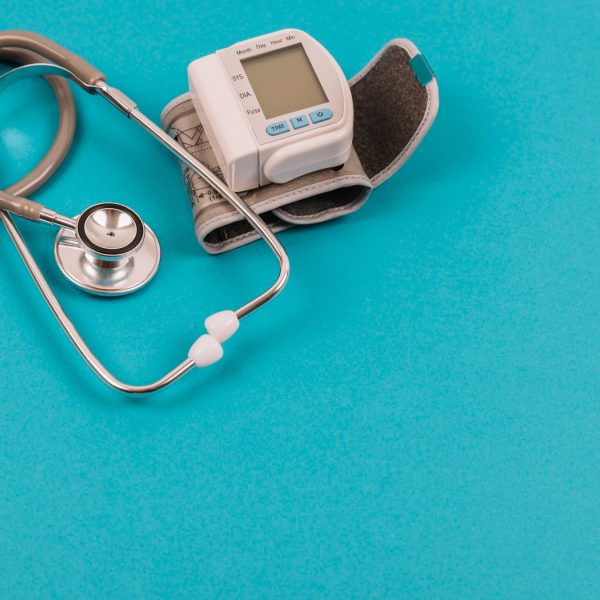Pregnancy is a time of joy and anticipation for most women, but for some, it can be a time of stress and worry. High-risk pregnancies occur when there are potential complications that could affect the health of the mother, the foetus, or both. In this blog, we’ll explore what high-risk pregnancies are, what causes them, and how they can be managed.
Read more: Navigating the Ups and Downs of Early Pregnancy
What is a High-Risk Pregnancy?
All pregnancies carry risks. But a high-risk pregnancy is one in which the mother or the foetus has an increased risk of developing health complications. These complications can arise at any point during pregnancy, labour, or delivery. Pregnancies in women over the age of 35, pregnancies in women with chronic medical conditions such as diabetes or hypertension, and in women who have had multiple miscarriages or preterm deliveries in the past are all examples of high-risk pregnancies. These pregnancies require close monitoring to reduce the chance of complications. People with high-risk pregnancies may need extra care before, during, and after they give birth to reduce the possibility of complications.
However, having a pregnancy that’s considered high-risk doesn’t mean you or your foetus will have problems. Many people experience healthy pregnancies and normal labour and delivery despite having special health needs.
Read more: Pregnancy with Diabetes: What to Expect and How to Prepare?
What Causes a High-Risk Pregnancy?
There are many factors that can contribute to a high-risk pregnancy. Some of these factors are related to the mother’s health, while others are related to the developing foetus. Preexisting health conditions, pregnancy-related health conditions, lifestyle factors (such as smoking, drug addiction, alcohol abuse, and exposure to certain toxins), and age (being over 35 and under 17) all increase the probability of a woman having a high-risk pregnancy.

Let’s look at these causes in detail:
- Maternal age: Women who are older than 35 years old are more likely to have high-risk pregnancies because of the increased risk of complications such as gestational diabetes and pre-eclampsia (high blood pressure).
- Medical conditions: Women who have chronic medical conditions such as the following are at increased risk of complications during pregnancy:
- Autoimmune diseases, such as lupus or multiple sclerosis (MS)
- COVID-19
- Diabetes
- Fibroids
- High blood pressure
- HIV/AIDS
- Kidney disease
- Low body weight and Obesity
- Mental health disorders, such as depression
- Polycystic ovary syndrome (PCOS)
- Thyroid disease
- Blood clotting disorders
These pregnancy-related health conditions that can pose risks to the mother and the foetus, are the likes of:
- Birth defects or genetic conditions in the foetus
- Poor developmental growth in the foetus
- Gestational diabetes
- Preeclampsia and eclampsia.
- Previous preterm labour or birth, or other complications with previous pregnancies.
- Pre-existing pregnancy complications: Women who have had multiple miscarriages, preterm deliveries, or stillbirths in the past are at increased risk of complications during subsequent pregnancies.
- Multiple gestation: Women who are carrying multiple foetuses are at increased risk of complications such as preterm labour and low birth weight babies.
- Lifestyle factors: Smoking, alcohol consumption, and drug use during pregnancy can increase the risk of complications for both the mother and the foetus.
How Are High-Risk Pregnancies Managed?
Managing a high-risk pregnancy requires close monitoring and specialized care. The goal is to identify any potential complications as early as possible and take steps to manage them to minimize their impact on the health of the mother and the fetus. Here are some common strategies used to manage high-risk pregnancies:
- Increased prenatal visits: Women with high-risk pregnancies will typically have more frequent prenatal visits to monitor their health and the health of the fetus.
- Specialized testing: High-risk pregnancies may require specialized testing such as amniocentesis or ultrasound to monitor the growth and development of the fetus and identify any potential complications.
- Medications: Women with high-risk pregnancies may need to take medications to manage conditions such as gestational diabetes or hypertension.
- Hospitalization: In some cases, women with high-risk pregnancies may need to be hospitalized for all or part of their pregnancy to manage potential complications.
Read more: Pregnancy Myths You Shouldn’t Believe!
Conclusion
A high-risk pregnancy is one in which the mother or the fetus has an increased risk of developing health complications. It can be caused by a variety of factors, including maternal age, medical conditions, and lifestyle factors. Managing a high-risk pregnancy requires close monitoring and specialized care, but with the right management, most women with high-risk pregnancies go on to have healthy pregnancies and deliver healthy babies. If you think you may have a high-risk pregnancy, talk to your healthcare provider about your options for managing your pregnancy and ensuring the best possible outcome for you and your baby.
























Share this article